See what we have prepared for you this year! Follow our social media to stay up to date!
biomechanics
motion capture
Human movement is a difficult thing to capture. Therefore, in this age of technological development, many movement analysis systems have been developed to enable its most accurate description. However, the problem lies in the high cost of these devices. Is it possible to carry out motion analysis outside of laboratory conditions and without expensive equipment? How do low-cost so-called markerless systems, based solely on digital image analysis and artificial intelligence algorithms, deal with this problem? How accurate can they be and for which applications are they best suited? This is what participants in this workshop will be able to test.
PL | ENG
15:30 – 17:30
Conducted by:
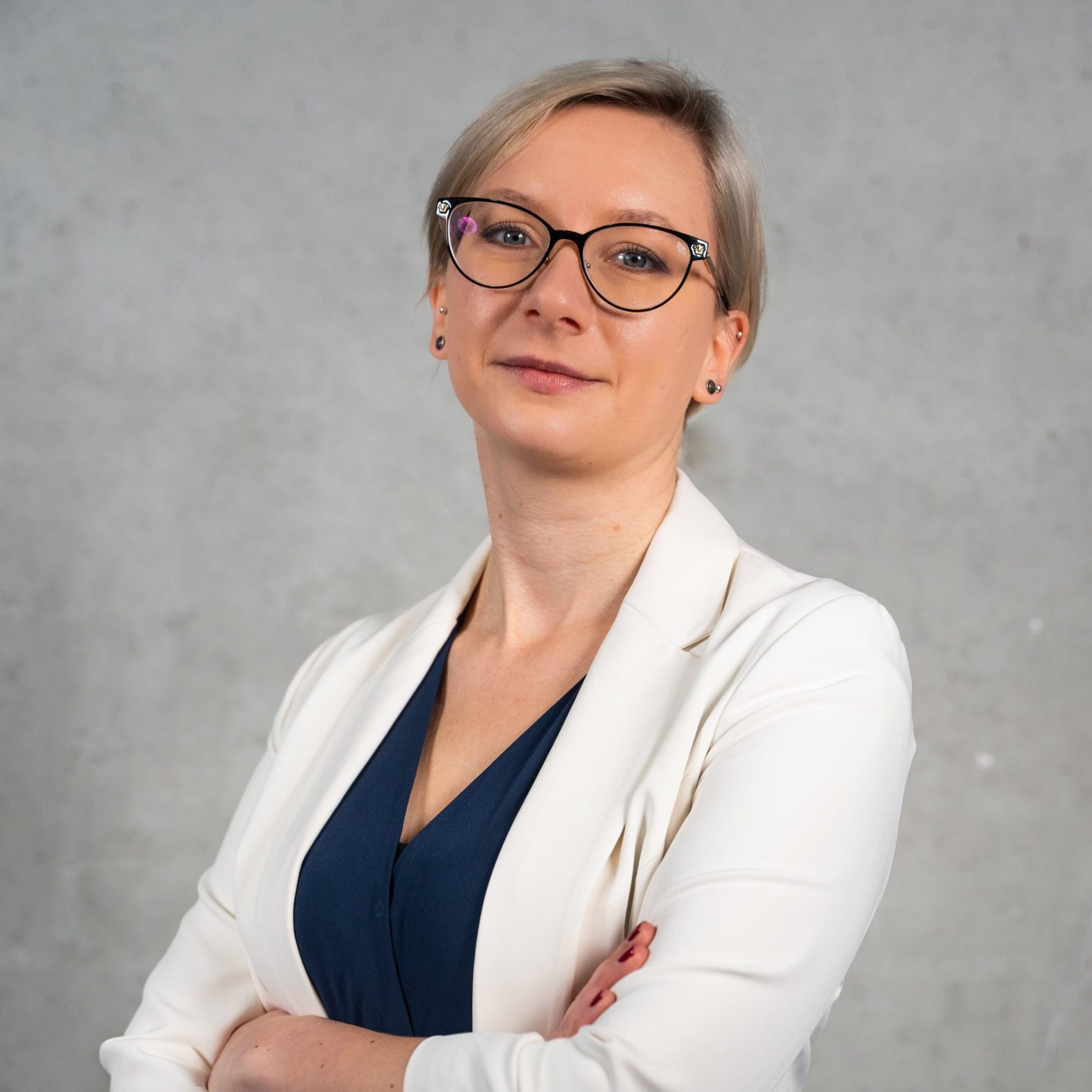
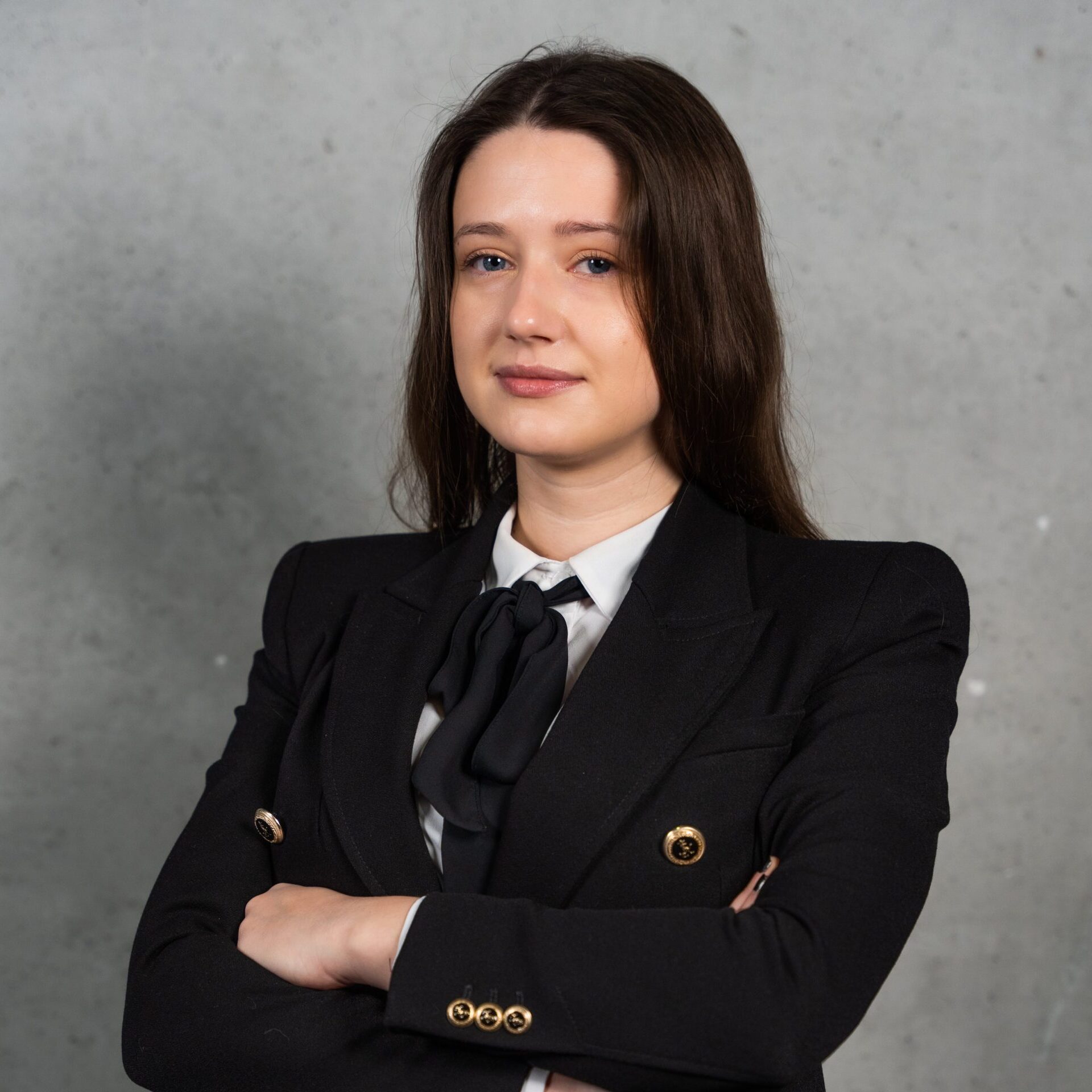
biomechanics
prosthetics
Workshop conducted using an optoelectronic motion capture system on an example of gait analysis. Participants will be involved in the whole process of conducting research, designing and processing biomechanical data. The aim of the workshop will be to take on the role of a biomechanist, creating an algorithm to recognise an individual gait pattern. Should he or she rely on his or her own calculations and observations, or should he or she use artificial intelligence algorithms?
PL | ENG
18:00 – 20:00
Conducted by:

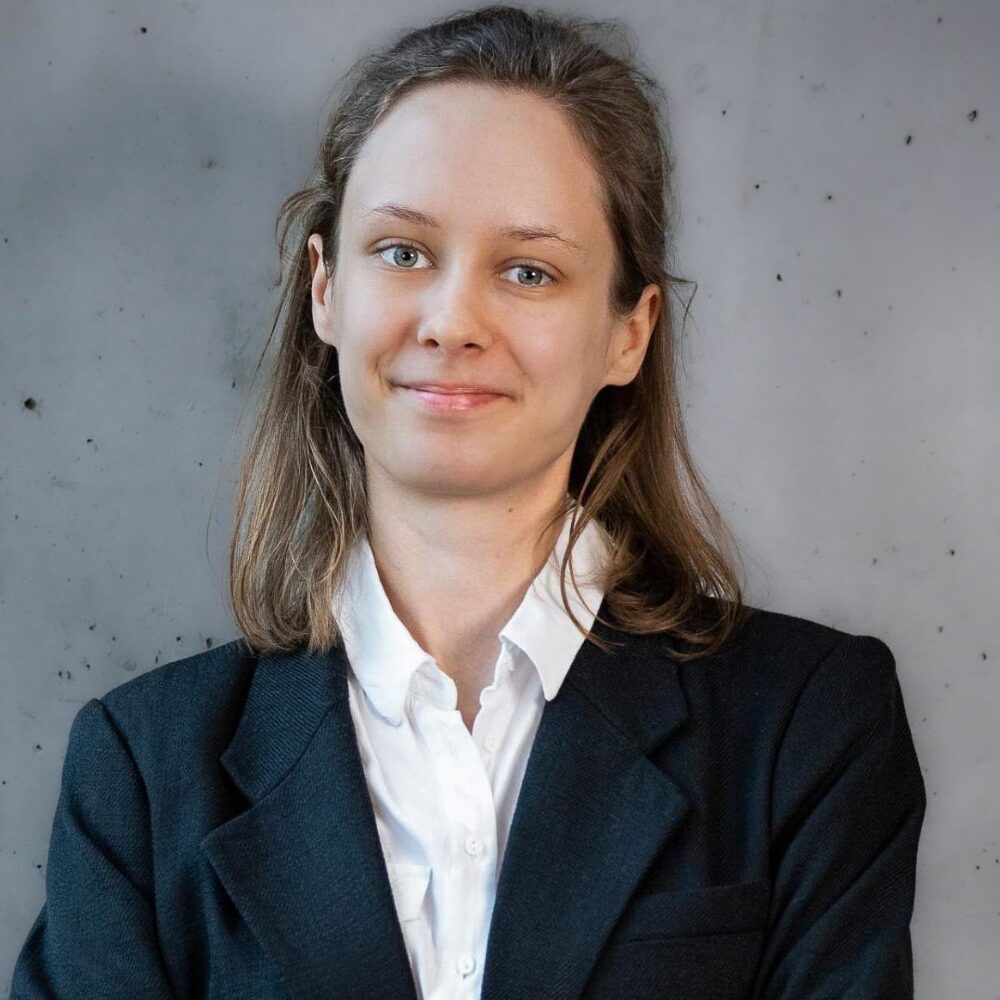
biomechanics
prosthetics
Prosthetics is a field that is rapidly developing thanks to modern technologies.The workshop aims to introduce advanced techniques such as scanning, modelling and the selection of appropriate components used in the creation of lower limb prostheses. Participants will take on the role of a prosthetist and have the opportunity to get to know a patient who is struggling on a daily basis with a life hindered by the loss of a limb. The aim is not only to learn theoretical knowledge, but above all to enable participants to acquire practical skills. Together, we will try to answer questions about the challenges and opportunities presented by modern prosthetics.
PL | ENG
18:00 – 20:00
Conducted by:
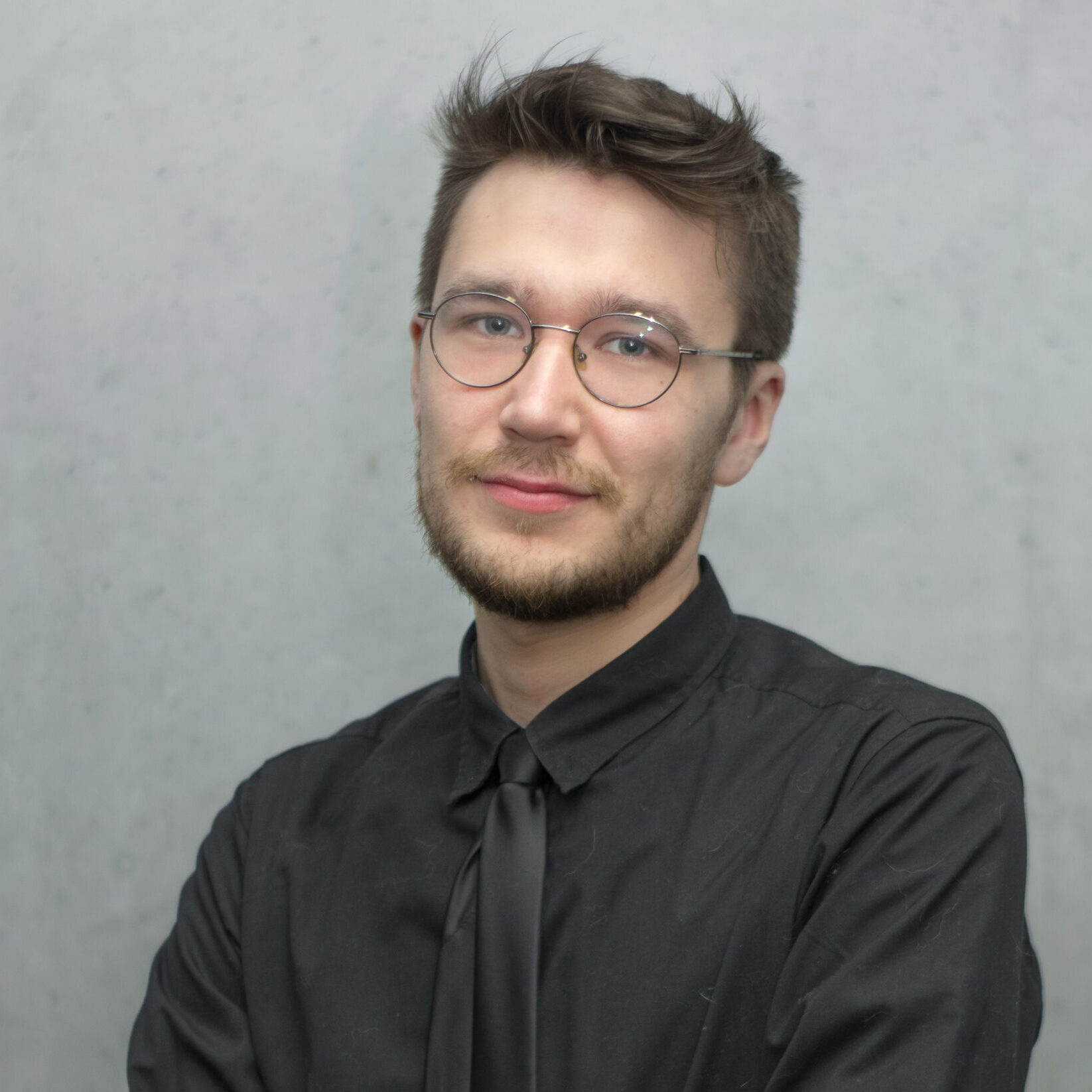
VR
holograms
surgery
Participants will be able to learn about the possibilities of Mixed Reality technology and then build a simple pre-operative visualisation application, including interactive holograms displaying patient tissues and organs. The Unity development environment will be used, as well as helmets to build and display the holograms and interact with them using hand and finger tracking methods. The workshop will be held in the VR lab at Poznan University of Technology.
PL | ENG
18:00 – 20:00
Conducted by:
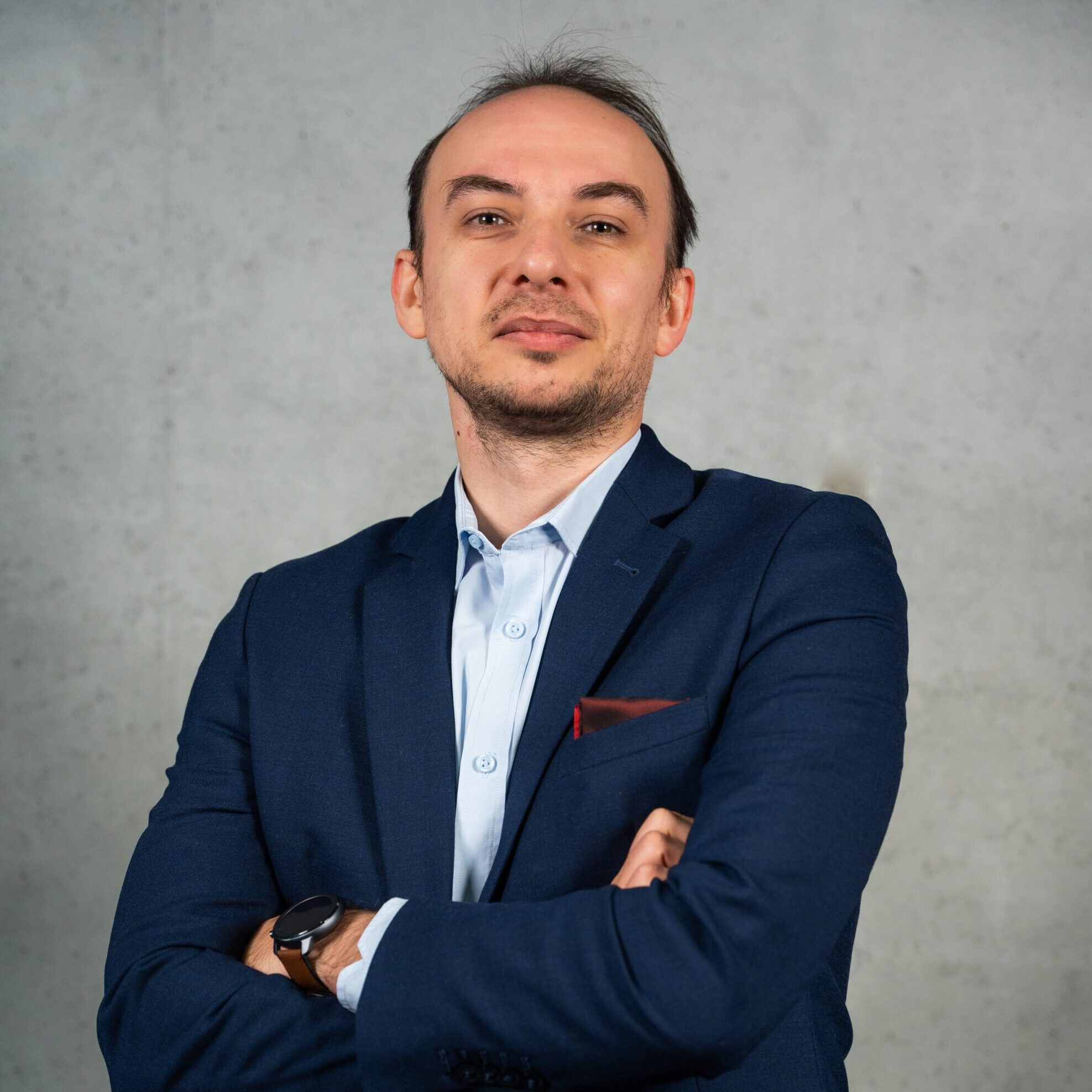
3D printing
orthotics
The workshop will be conducted in a rapid manufacturing laboratory using the AutoMedPrint system – the Polish Product of the Future. Participants will learn how an individualised openwork hand orthosis is created in just a few hours – starting with a 3D scan, through automated design, to the realisation of the 3D printing process using, among other things, FDM technology, as well as post processing and fitting with the patient.
PL | ENG
15:30 – 17:30
Conducted by:

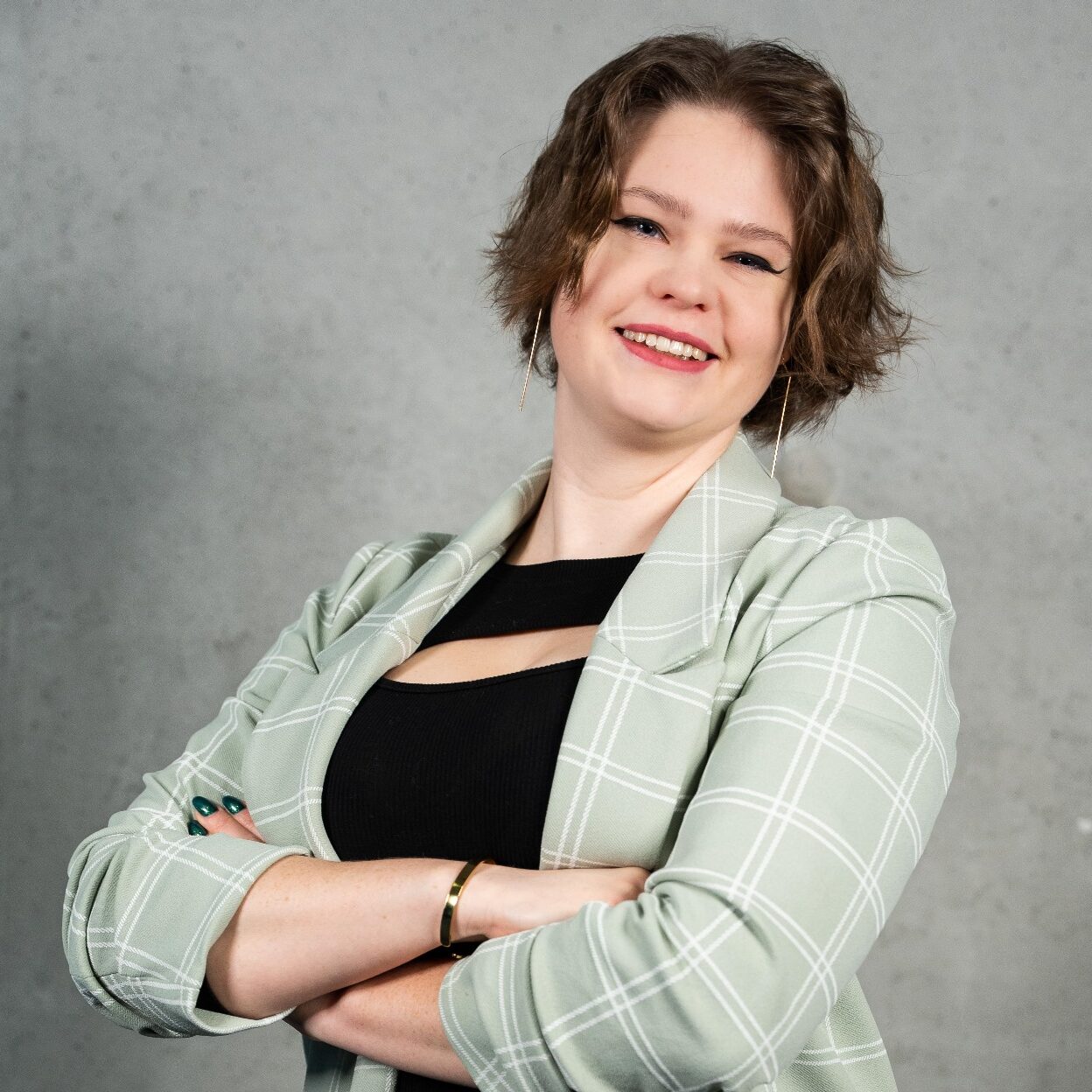
medical imaging
3D printing
The aim of the workshop is to learn how software can be used to design anatomical models from medical imaging data stored in DICOM format. Participants will be given data of real patients and their task will be to segment a selected organ and create a 3D model on its basis, intended, for example, for preoperative printing. The workshop will take place in the form of computer-based exercises. In parallel, participants will be able to observe the process of incremental manufacturing of anatomical models.
PL | ENG
18:00 – 20:00
Conducted by:

tribology
Friction and wear and tear accompany us at every ‘step’. – literally! – including when driving a car or in a running mixer, which we often forget. Does it just hinder our movement, or is it necessary? During the workshop held in the tribology and surface engineering laboratory, we will try to answer this question. Participants will have the opportunity to carry out experiments themselves on tribotesters located in the laboratory. The workshop aims to show the intricacies of phenomena occurring on the surface of cooperating components. In addition, there will be an opportunity to examine the chemical composition of various types of components, e.g. jewellery, using a spectroscope.
PL | ENG
15:30 – 17:30
Conducted by:
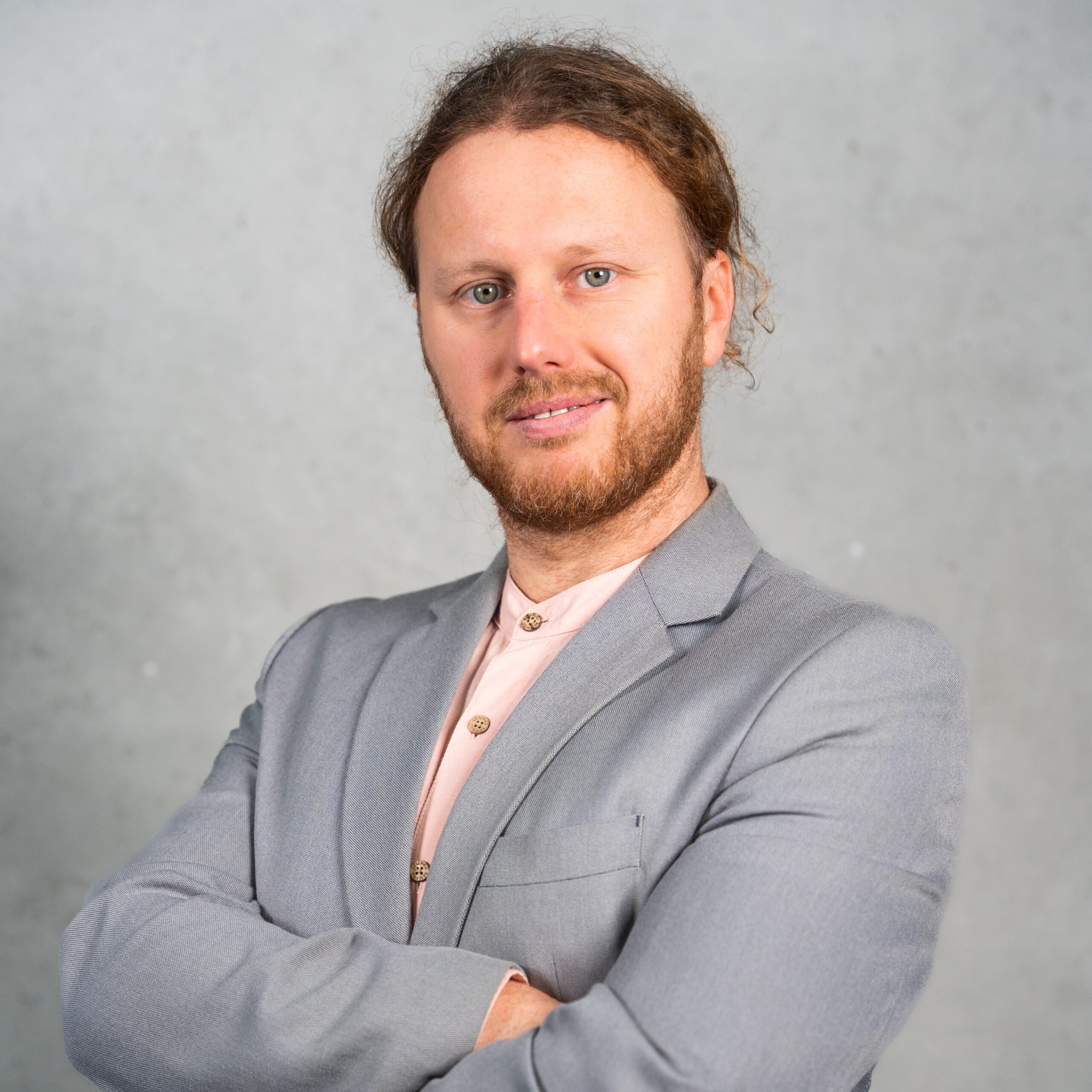
TBA
This workshop will focus on creating a healthcare environment that is accessible, respectful, and responsive to the diverse mobility impairments of individuals such as:
– people with special needs,
– people with physical disabilities,
– people with hearing impairments,
– people with visual impairments,
– people with limited awareness,
– elderly,
– temporarily injured individuals.
It will aim to educate healthcare providers, administrators, and staff on how to address health disparities. The emphasis will be on understanding patients’ rights and the legal responsibilities of healthcare providers.
In detail, the creation of an inclusive environment (considerations for physical space, signage, and policies that support inclusivity) will be presented. The strategies to reduce these diverse health disparities and improve access will be discussed. For this aim the best practices for making health care settings welcoming and accessible to all will be shown using evacuation chairs.
The workshop will include interactive sessions, case studies, and role-playing to help participants practice and apply the concepts learned.
PL | ENG
18:00 – 20:00
Conducted by: